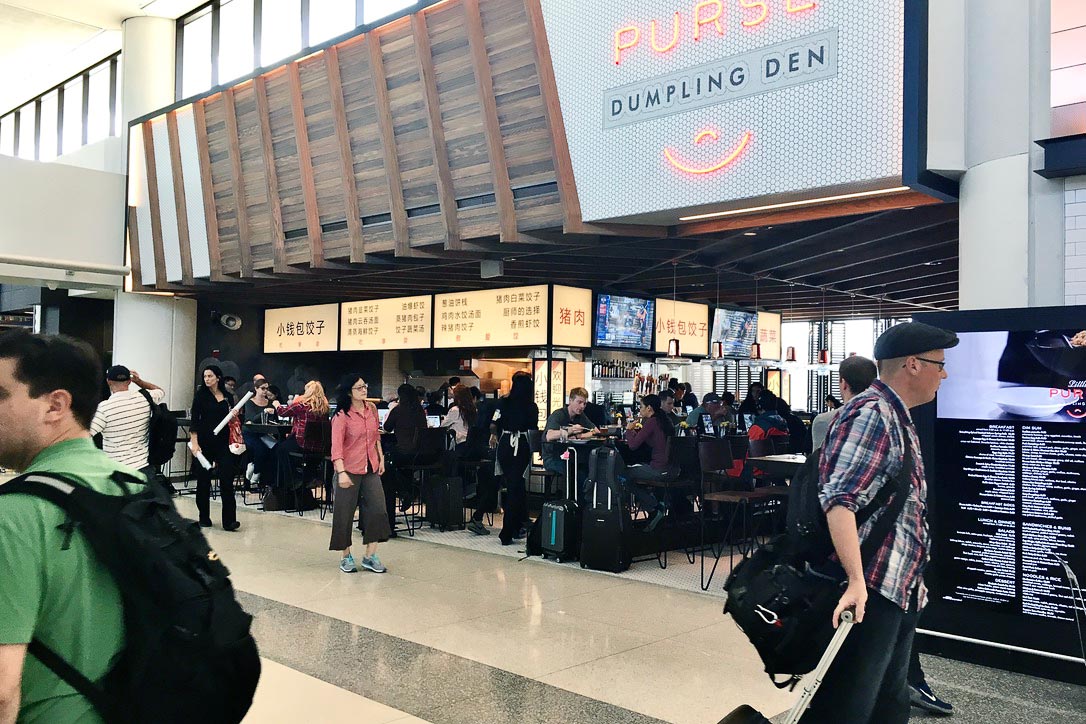Travel
How a Government Shutdown Could Affect Travel During the Holidays

The U.S. government could shut down right before the holidays.
The House was set to pass a spending bill to fund the government through March, but those efforts were tanked after President-elect Donald Trump and Elon Musk urged Republican representatives to not support the bill.
If Congress can’t reach a deal, the government will shut down at 12:01 a.m. ET December 21.
A shutdown would cause federal agencies to stop work, and thousands of federal workers would be furloughed.
However, federal employees deemed as “essential” would still have to work through a government shutdown. And much of travel, ranging from the TSA to air traffic control, falls into that category.
The looming shutdown also comes during what is expected to be one of the busiest holiday travel seasons on record. The TSA is preparing to screen 40 million passengers from December 19 to January 2. The airline industry is expecting to fly up to 54 million passengers from December 19 to January 6, more than 2.8 million passengers a day on average.
The impact on travel would most likely be minimal — even during the holidays — unless a shutdown stretches for weeks. Then, travelers may grapple with flight disruptions and national parks littered with trash.
TSA and Air Traffic Control
The TSA and air traffic controllers would still be required to work through a government shutdown, since they are considered to be essential employees. Employees for the TSA and Federal Aviation Administration will only receive backpay for their work which would be issued after the shutdown ends.
It’s likely that travelers won’t notice the impacts of a shutdown immediately. However, one issue that could lead to flight disruptions, even during a busy travel period, could be absenteeism.
A month into a government shutdown at the beginning of 2019, air traffic controllers started calling in sick, which led to a temporary shutdown of LaGuardia Airport, coupled with delays at Newark, Philadelphia and Atlanta, according to CNN. Absences among TSA agents also rose during that shutdown, since they were working without pay and started facing financial difficulties, according to CNBC.
Those disruptions ultimately led to the end of that government shutdown.
The Federal Aviation Administration is also dealing with an air traffic controller shortage, which has led to disruptions in the New York and Washington, D.C. areas. Airline executives expect the shortage to last for years.
Transportation Secretary Pete Buttigieg had previously told Congress in September 2023 that a government shutdown would mean that 1,000 air traffic controllers going through training would be furloughed, according to Politico.
National Parks, Museums and Monuments
Most national parks would shut down if Congress fails to reach a deal.
During the 2019 government shutdown, the National Parks Service furloughed 21,383 employees, while 3,289 were deemed as essential workers. While some parks stayed open, litter began to overwhelm the few areas that were open to the public.
Last time there was a threat of a government shutdown in September 2023, the Smithsonian Museum said it would use remaining funds from the prior year to stay open.
Passport and Visa Processing
Passport processing would continue during a government shutdown. The State Department has previously said that consulates in the U.S. and abroad would remain open during a shutdown and passport renewal would be available unless the passport agency is located in a government building that is “affected by a lapse in appropriations.”
Post-pandemic, the State Department struggled with lengthy wait times for processing passports as it faced a surge in demand. The department recently rolled out its online passport renewal program, which Deputy Secretary of State Richard Verma unveiled at the Skift Global Forum in September.
Processing times have also recently come down pre-pandemic levels — six to eight weeks for regular service; and two to three weeks for expedited service.
Customs and Bordel Patrol
Similar to TSA agents and air traffic controllers, the majority of Customs and Border Protection agents are considered essential and would also be working through a government shutdown. CBP agents would still be stationed at airports, cruise ports and border crossings.
Amtrak
Amtrak would still run during a government shutdown, since it’s not completely funded by the federal government. Instead, it receives government subsidies through its status as a federally-chartered corporation. Amtrak also receives some funding from states.
If a government shutdown drags on for weeks, then it could have an impact on Amtrak since its subsidies would be delayed.






.jpg)



